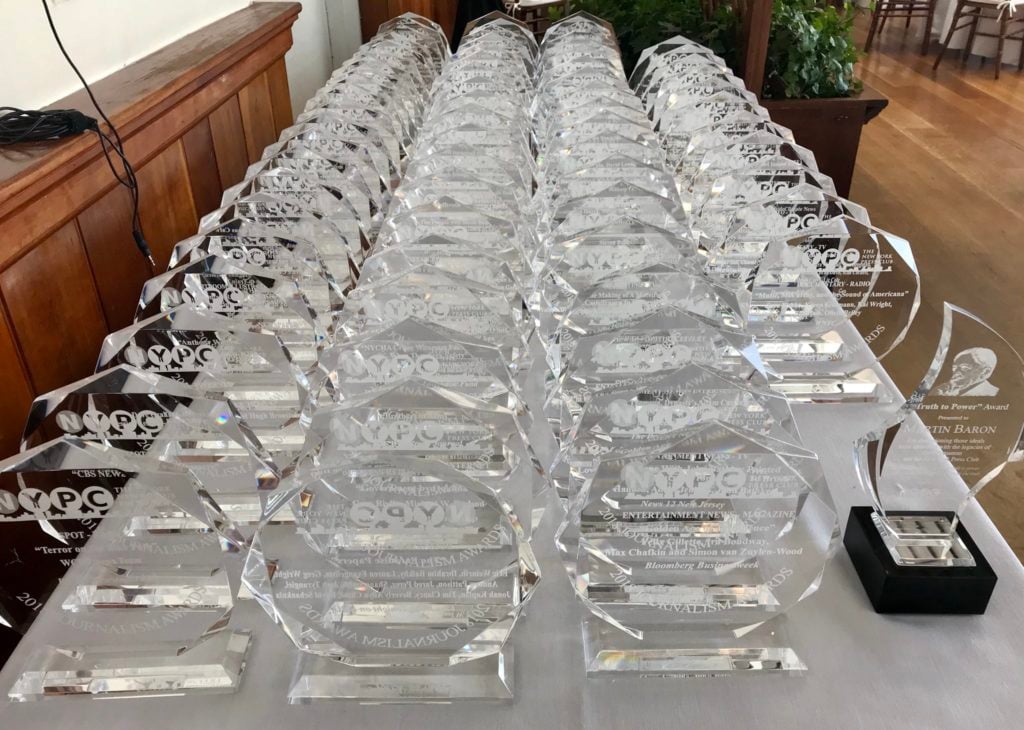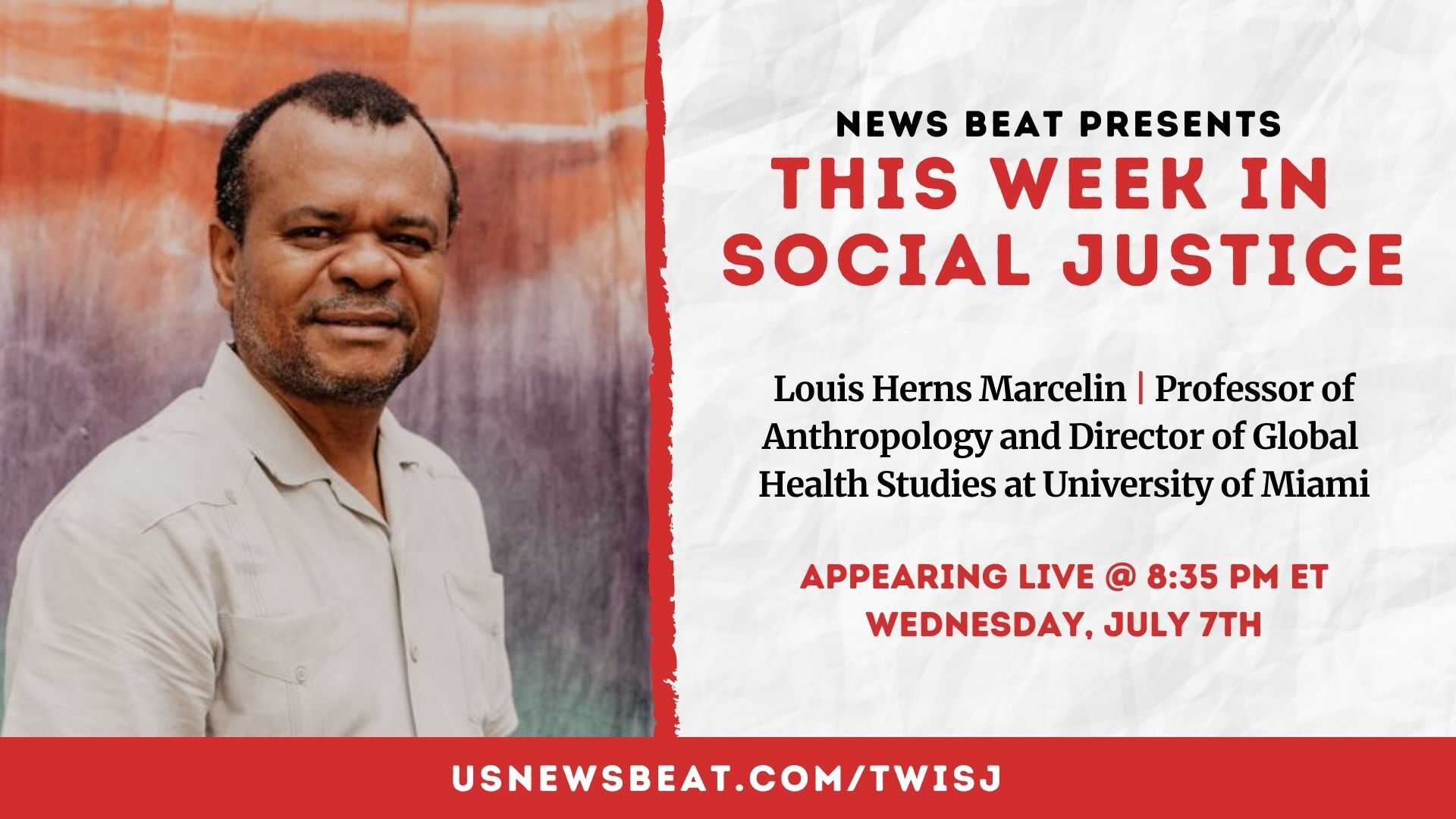Symbols of pride for Italian Americans, painful reminders of historical injustices and brutal atrocities for indigenous peoples—statues of controversial 15th century explorer Christopher Columbus have been decapitated, toppled or taken down in cities and towns across the United States amid the ongoing protests against racial injustice and police brutality sparked by the killing of unarmed African American George Floyd by a white Minneapolis police officer in May.
While Columbus is often credited with ’discovering America,’ kept out of school curriculum and history textbooks is his legacy of torture, child rape, mutilation, enslavement and outright genocide against the peaceful indigenous populations inhabiting the present-day Bahama and Caribbean islands he landed on in the 1490s. These atrocities have found renewed focus amid the demands for equality and reform sweeping the country.
In commemoration of this year’s Indigenous Peoples’ Day, we thought we’d shed some light on this invader, who by the way, never even stepped foot in present-day ‘North America,’ and his so-called ‘New World’ was already inhabited for thousands of years by indigenous peoples, including the Taino and Arawak, among many, many others.
Explaining Columbus’s horrific truths is longtime Mohawk activist and radio broadcaster John Kane, host of Native talk show and podcast “Let’s Talk Native...,” who lives on the Seneca Nation Territory of Cattaraugus in western New York.
Please be sure to subscribe, rate and review us wherever you listen to podcasts—Apple, Spotify, Stitcher—and visit USNewsBeat.com for all our previous episodes and unique blend of social justice journalism and independent hip hop. Be sure to also check out LetsTalkNative.com for more about John’s show, and to listen.
For more, listen to this special bonus episode featuring John Kane of 'Let's Talk Native...' Below is a transcript of his explanation, edited for clarity.
John Kane: "So when I hear Italian Americans claim that Columbus is the symbol of Italian-American heritage, the only way you can fashion the real life of Christopher Columbus and his real activities into that, you have to ignore history you and you got to, you know, you have to revise history, you have to completely change, create a narrative that is devoid of truth.
"When Columbus came to the, landed at the Caribbean islands, he started first, right off the bat, called us Indians. And it wasn't because, you know, like some people suggest that it's, it was Spanish for En Dios you know, some, ‘Of God’ or something. And that's not true. He believed and actually died believing that he had reached the easternmost islands of Indonesia, not the landmass of India, but Indonesia.
"So he thought he was in the East Indies, what the Europeans were calling the East Indies. And of course, then they turn around and they call the Caribbean, the West Indies, because of that mistake.
"And the first thing he did was know how docile the people were, and how easy it would be to enslave them, and enslave them he did. He put them into a system where they had to go find him valuables. They had to find him gold in particular, they give them these bells or these thimbles, they call them and they'd have to fill with gold. And if they didn't, they’d cut off their hands, they'd hang them around their neck, so they can go off and bleed to death.
"The first transatlantic slave ship was not Black Africans being brought to the Western Hemisphere. It was Natives, oftentimes Native children, little girls in particular, that Columbus sent back to Spain for slaves, sex slaves in particular. And he boasted about how many castellanos a 9- or 10-year-old girl would bring in the European market. So this is the reality, slavery, the beginning of what would be a 500-year genocide.
"There were people that they murdered, they executed. They even mocked some of their own religious beliefs by executing native people at 13 at a time to represent the 12 apostles and Jesus Christ. I mean, I don't know what religious ceremony that could possibly represent. But they even made a mockery of their own religious beliefs and religious leaders condemned him.
"So, and again, Christopher Columbus was not Italian in the sense of what we understand and Italian to be today. Italy wasn't even a country in 1492. Genoa, which is where he was from, which is now considered part of the country, the nation of Italy, was not even on the Italian Peninsula. It was it was farther into Europe, and it was its own republic. When he sailed, he didn't sail for Genoa or for, for Rome, he sailed for, he sailed for Spain.
"And although there was a connection between Spain and the Catholic Church in the Vatican, he would be instrumental in asserting the doctrine of Christian discovery, which basically said Native people could not hold title to land, only the Christian nations of Europe could. This, this came to the Western Hemisphere with Christopher Columbus.
"I would also add that when people talk about the diseases that came from, from Europe and they talk about smallpox or influenza, they always skip over the fact that the the first diseases that our people were afflicted by were the venereal diseases that these guys carried because of the rape culture that came from Europe.
"So that's why we condemn the, all the ceremony and all of the recognition, false recognition, that is given to Christopher Columbus."



.jpg)





